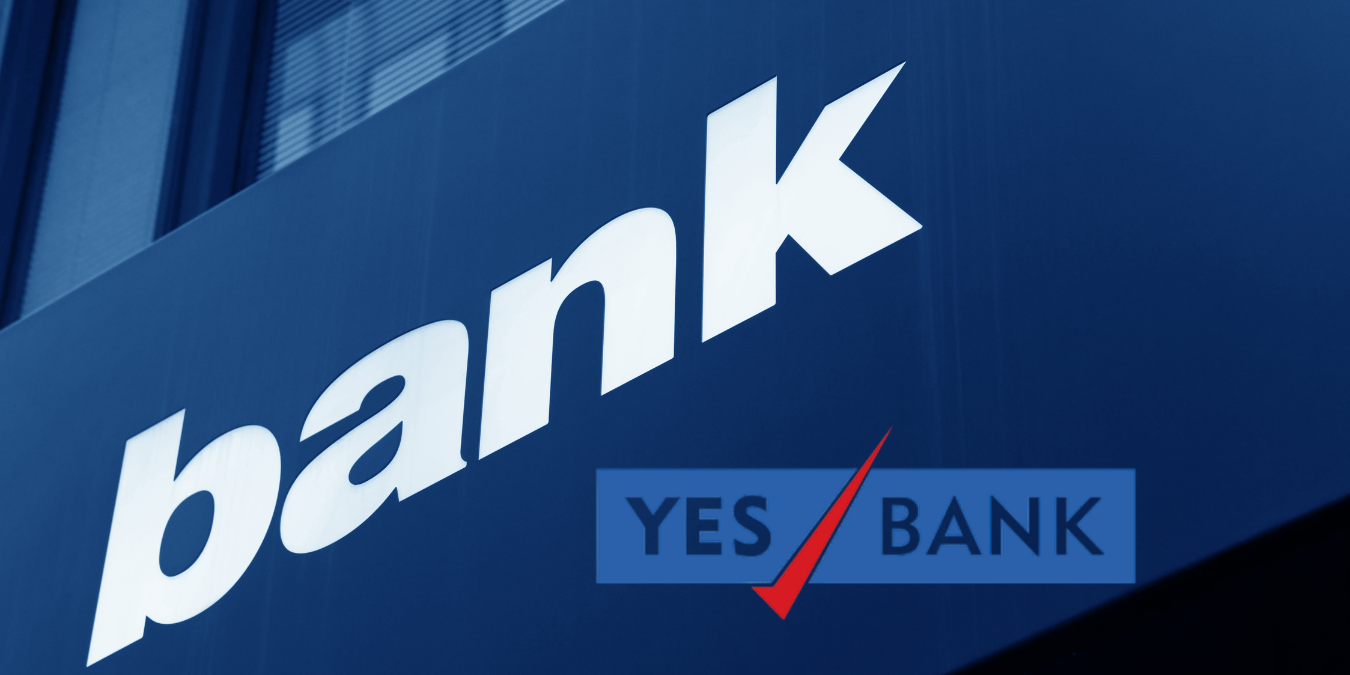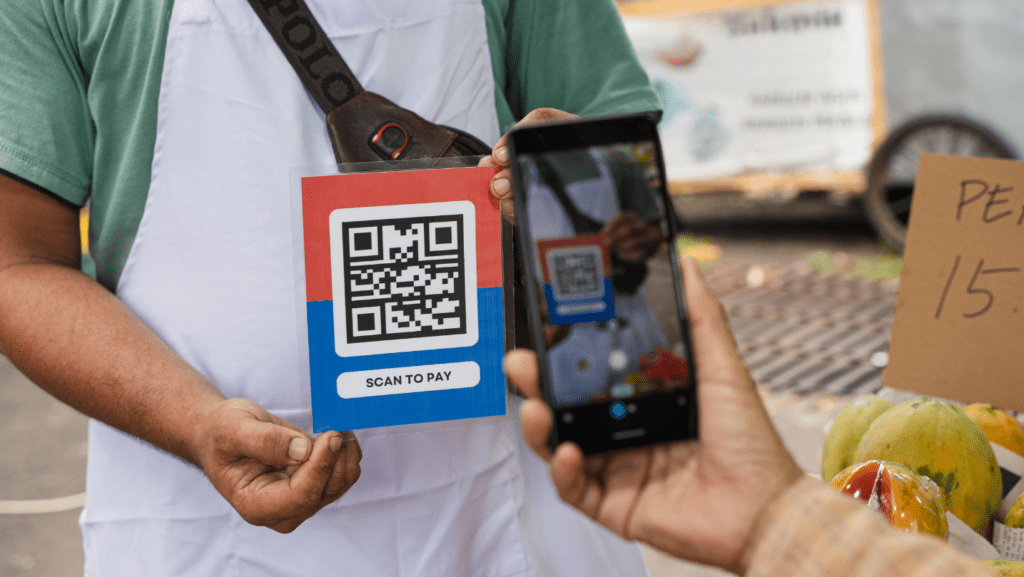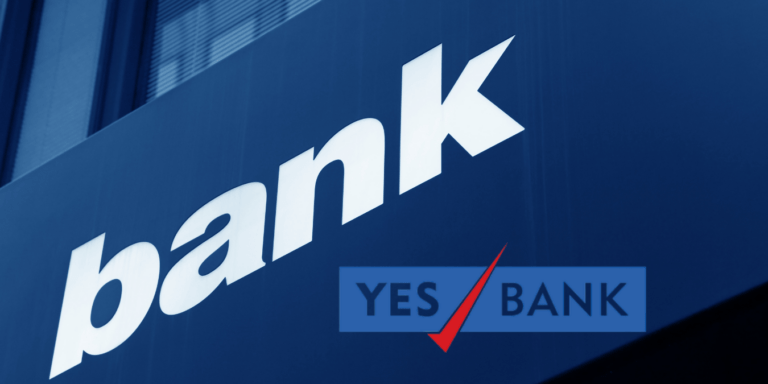
“Effective strategies to boost employee engagement in your workplace. Learn about communication, recognition, growth opportunities, and work-life balance to foster motivation and productivity. Improve team morale and retention with these proven tips. Read more!”
Employee engagement is a critical factor in driving organizational success, particularly in India’s dynamic and competitive professional landscape. With a workforce that is young, ambitious, and increasingly purpose-driven, Indian companies face the challenge of fostering a workplace culture that motivates employees, enhances productivity, and reduces turnover. According to the 2024 Gallup State of the Global Workplace report, only 14% of Indian employees are “thriving,” while 86% are either “suffering” or “struggling.” This alarming statistic highlights the urgent need for effective employee engagement strategies tailored to the Indian context. In this blog post, we explore proven ways to increase employee engagement, backed by the latest data.
Why Employee Engagement Matters
Employee engagement refers to the emotional commitment employees have toward their organization’s goals, their role, and their work. Engaged employees are more productive, provide better customer service, and are less likely to leave their jobs. In India, where sectors like IT and BPO face attrition rates as high as 55%, fostering engagement is critical for retaining talent and maintaining a competitive edge. The benefits of high engagement include:
- Increased Productivity: Studies show engaged employees are 12% more productive, as they are less distracted and stressed.
- Better Retention: Engaged employees are less likely to quit, reducing recruitment costs.
- Enhanced Customer Satisfaction: Happy employees deliver superior customer service, boosting brand loyalty.
- Higher Profitability: Companies with engaged workforces outperform peers by 147% in earnings per share, according to Gallup.
Given India’s unique cultural and professional dynamics, such as a young workforce seeking growth and purpose, organizations must adopt innovative employee engagement strategies to address these challenges.
15 Proven Ways to Increase Employee Engagement in India
Below, we outline 15 actionable strategies to boost workplace motivation in India, incorporating recent data and tailored insights for Indian professionals.
1. Encourage Regular Feedback
Creating a culture of open communication is essential. Indian employees, particularly Gen Z, value being heard. A 2024 Gallup report notes that 86% of Indian employees feel their voices are not equally valued. Implement regular feedback mechanisms like pulse surveys, anonymous suggestion boxes, or one-on-one check-ins to understand employee needs. Tools like Sociabble’s surveys and polls can facilitate real-time feedback, enhancing job satisfaction.
2. Recognize and Reward Achievements
Recognition is a powerful motivator. A simple “employee of the month” award or a gratitude note can go a long way. Indian companies like Wipro use programs like ‘GearUp’ to celebrate achievements. Offer tangible rewards such as bonuses, vouchers, or professional development opportunities. According to a 2023 study by Loop Health, recognition boosts engagement by 23%.
Example: Host an annual awards ceremony during Diwali to celebrate top performers, aligning with cultural festivities.
3. Provide Professional Development Opportunities
India’s workforce is highly focused on career growth. Offering skill-building programs, certifications, or mentorship can significantly boost engagement. A 2025 Sociabble report highlights that companies providing structured career development see higher retention. For instance, Infosys offers extensive training programs to upskill employees, aligning with their career aspirations.
4. Foster Work-Life Balance
The pandemic has underscored the importance of work-life balance. Flexible working models, remote work options, or subsidized wellness programs can enhance engagement. Zomato, for example, provides wellness centers and fitness programs to support employee health. A 2024 study by Infosys found that flexible work arrangements reduce burnout, which affects 40% of Indian employees.
Implementation: Introduce “no-meeting Fridays” to give employees time for personal tasks.
5. Gamify Workplace Tasks
Gamification transforms routine tasks into engaging challenges. Digital points, badges, and leaderboards can make work enjoyable. Indian companies like TCS use gamified platforms to encourage collaboration and innovation. A 2025 Sociabble report notes that gamification increases participation by 30%.
Example: Create team-based challenges, such as sales milestones, with rewards like movie tickets or team outings.
6. Align with Corporate Social Responsibility (CSR)
India’s workforce values purpose-driven work. Integrating CSR initiatives, such as festival-driven charity events or skill-based volunteering, can boost engagement. Sociabble’s “Trees” program, where employees earn points for CSR contributions, has been effective in Indian firms. A 2024 Infosys study found that CSR alignment increases employee pride by 25%.
7. Promote Wellness Programs
Mental health is a growing concern in India, with 38% of employees reporting moderate distress. Wellness programs, such as yoga sessions or employee assistance programs (EAPs), can reduce stress. Companies like Wipro have implemented ‘Behavior Spotting’ programs to support mental well-being.
Implementation: Partner with certified professionals for animal therapy sessions during high-stress periods.
8. Encourage Team Bonding Activities
Meaningful team-building activities, such as offsites or networking events, foster camaraderie. Indian companies like HCL organize cultural events during festivals like Holi to strengthen bonds. A 2023 Loop Health study found that team bonding increases engagement by 20%.
Example: Host a quarterly “Lunch and Learn” session where employees share industry insights.
9. Leverage Technology for Engagement
Digital platforms streamline communication and engagement. Tools like Sociabble provide content hubs for employees to share knowledge and engage with company news. Edenred’s use of Sociabble’s RED platform centralized communication, improving engagement by 15%, per a 2025 report.
10. Offer Mentorship and Coaching
Mentorship programs connect employees with experienced leaders, fostering growth. Indian firms like Infosys pair junior employees with senior mentors to guide career paths. A 2024 study by Loop Health notes that mentorship improves retention by 18%.
Implementation: Launch a mentorship program for new hires to ease their transition.
11. Create a Collaborative Work Environment
A collaborative culture boosts team spirit. Encourage cross-departmental projects or knowledge-sharing sessions. TCS’s “Knome” platform facilitates collaboration, increasing engagement by 22%, according to a 2024 report.
Example: Organize hackathons to solve business challenges collaboratively.
12. Personalize Employee Experiences
Tailor engagement initiatives to individual preferences. For example, offer flexible benefits like education subsidies or wellness allowances. A 2025 Sociabble study found that personalized experiences increase engagement by 25%.
13. Communicate Transparently
Transparent communication builds trust. Share company goals, challenges, and successes regularly through townhalls or newsletters. Infosys’s weekly touchpoints have reduced disengagement by 20%, per a 2024 study.
Implementation: Use Slack channels to share real-time updates on company milestones.
14. Empower Employees with Autonomy
Giving employees autonomy over their work fosters ownership. Indian companies like Zomato allow teams to experiment with projects, boosting innovation. A 2024 Gallup report notes that autonomy increases engagement by 15%.
Example: Allow teams to propose and lead new initiatives.
15. Celebrate Cultural Festivals
India’s rich cultural diversity offers opportunities for engagement. Organize events during Diwali, Eid, or Pongal to celebrate inclusivity. HCL’s festival-driven events have increased employee satisfaction by 18%, per a 2023 study.
Challenges in Implementing Employee Engagement Strategies
Despite the benefits, Indian companies face challenges in boosting engagement:
- Burnout: 40% of employees experience frequent burnout, per a 2025 Sociabble report.
- Diverse Expectations: Gen Z employees seek purpose, while older employees prioritize stability.
- Technology Adoption: Many firms lack awareness of tools to measure engagement.
To overcome these, invest in data analytics to understand employee needs, tailor initiatives to diverse demographics, and adopt platforms like Sociabble for streamlined engagement.
Leveraging employee engagement
Increasing employee engagement in India requires a strategic blend of cultural sensitivity, modern technology, and data-driven insights. By implementing the 15 strategies outlined—ranging from regular feedback to celebrating festivals—Indian companies can create a motivated, productive workforce. The 2024 Gallup report underscores the urgency: with only 14% of employees thriving, organizations must act now to address disengagement. Leveraging employee engagement tools in India, fostering workplace motivation, and aligning with CSR initiatives will not only boost retention but also position companies as employers of choice in India’s competitive market.
-

Which Bank Gives the Cheapest Personal Loan in February 2026? Here’s What 10 Lenders Are Actually Offering
-

IDFC First Bank Chandigarh Branch Fraud: How Rs 590 Crore Went Missing From Haryana Government Accounts
-

YES Bank Aims for 1% ROA by FY26: Is India’s Most Dramatic Banking Comeback Finally Complete?
-

Grab the Apple MacBook Air M4 at Unbeatable Discounts (February 2026)





























